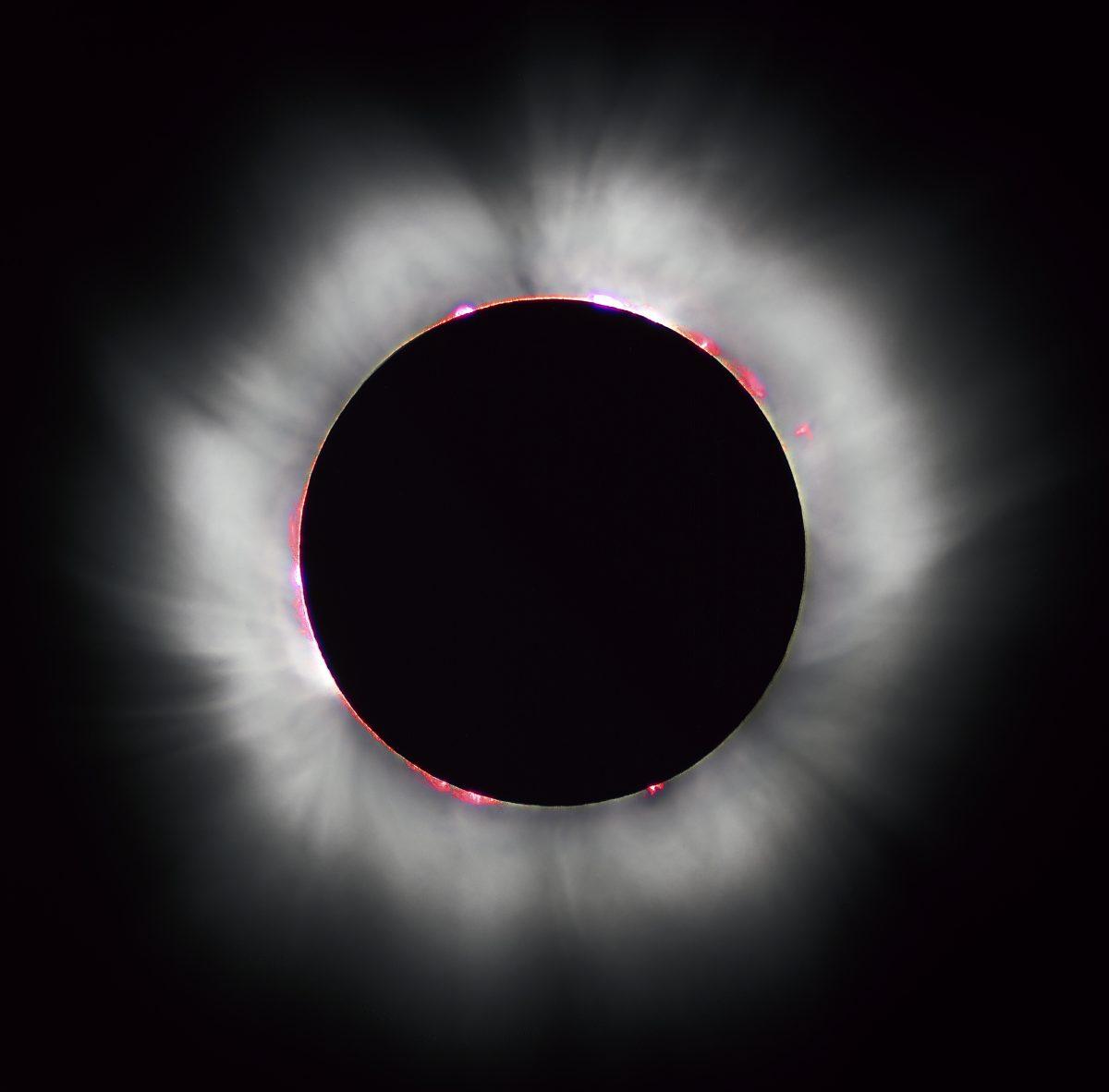Environment: Warming climate could lead to a global shortage of barley
According to a new study, rising global temperatures could lead to a shortage in the global barley supply. The study’s authors reported that due to concurrent droughts and heat waves, a sharp decline in crop yields of barley could lead to strong risks of price surges for beer.
The research team modeled scenarios based on current and expected future levels of fossil fuel burning and carbon dioxide emissions. Areas including the Great Plains, the Canadian prairies and Europe, where barley is widely grown, could see decline in crop yields from three to 17 percent. Only 17 percent of the globe’s barley is used to brew beer, while most is used as animal feed. With a drop in supply, some areas may decide to restrict the grains’ usage.
Psychology: Placebo trial conducted by Harvard shows that even when cancer patients know they are taking a placebo pill, it helps fight fatigue
In a new paper, patients who were told to take a pill with no active pharmacological ingredients still experienced improvement in their condition. Cancer-related fatigue is one of the most common side effects of treatment, and the open-label placebos have helped reduce patients’ symptoms, including nausea, pain and migraines.
Typically, patients in clinical trials don’t know whether they were taking the real medication until after the study is over. This study, however, allowed 40 cancer patients to take the pill knowing it did not do anything, and researchers still saw improvements in fatigue-related symptoms. Researchers said they believe this could be connected to the physiological response to physically swallowing the pill and the mind believing that some action is being taken to help the body feel better.
Animal Science: Bees don’t buzz during an eclipse
A new study revealed that as the 2017 solar eclipse occured, the buzzing sound that bees make completely stopped. Bees generally spend entire days working until the sun sets.
Using microphones attached to flowers, the scientists taking part in the study found that the bees continued buzzing until totality, the part in the total solar eclipse when the moon blocks all direct sunlight. As soon as totality occurred, the bees went into an abrupt silence. When the next total solar eclipse takes place in 2024, scientists will set up microphones in hives to conduct further testing.
Solar eclipse, barley and placebo pills: This Week in Science
October 16, 2018
Photo by Creative Commons
The 2017 total solar eclipse causes bees to stop buzzing, according to a recent study.
0
Donate to The Battalion
$1765
$5000
Contributed
Our Goal
Your donation will support the student journalists of Texas A&M University - College Station. Your contribution will allow us to purchase equipment and cover our annual website hosting costs, in addition to paying freelance staffers for their work, travel costs for coverage and more!
More to Discover










